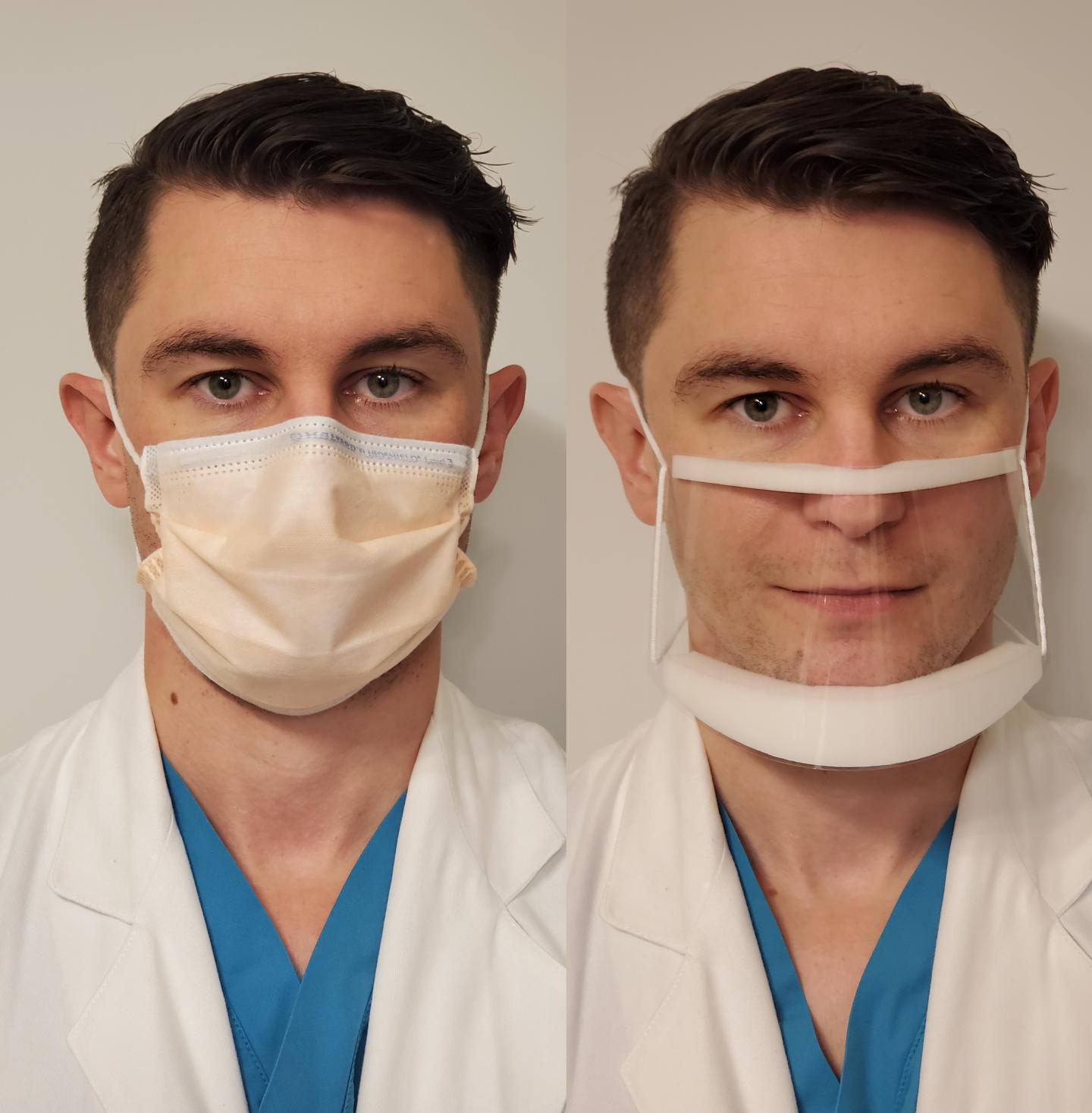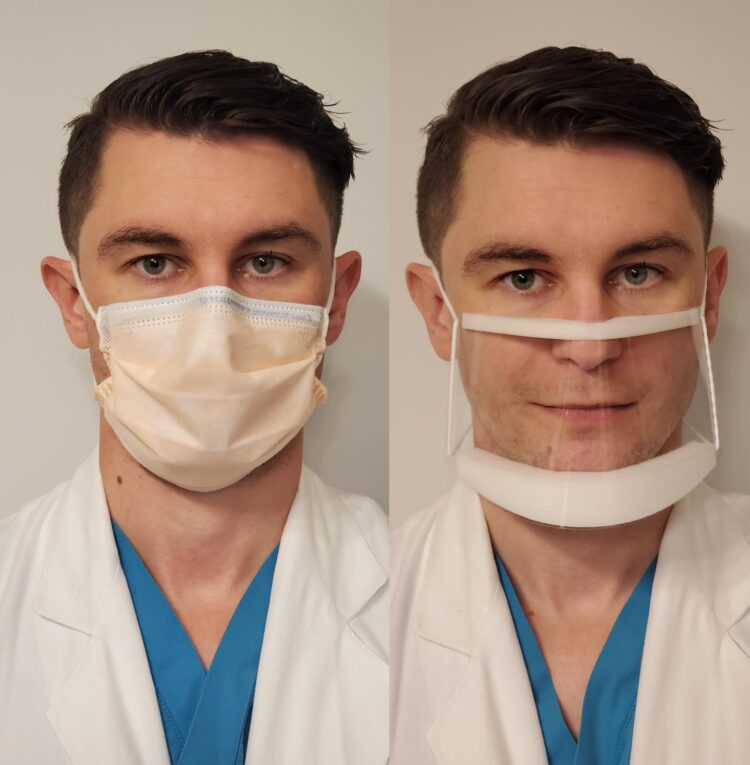This study is the first to examine the effect of a surgeon’s mask on communication with patients in the clinic setting.

Credit: UNC School of Medicine
CHAPEL HILL, NC – A first-of-its-kind study out today in JAMA Surgery suggests that patients have a more difficult time understanding and building trust with their surgeons when they cannot see the surgeon’s entire face due to masking requirements. These findings have major implications for not only how surgeons are viewed and rated by their patients, but also how well a patient does during and after a surgical procedure.
“At beginning of pandemic I had a patient say, ‘Dr. Kapadia, it’s odd you’ve taken out a big part of my colon and I don’t even know what you look like,'” Muneera Kapadia, MD, the study’s senior author said. “It made me realize we don’t have much information on how masks are effecting surgeon-patient communication and relationships.”
Kapadia, an associate professor of surgery in the UNC School of Medicine, found a way to study how the new masking protocols during pre-operative meetings are affecting patients’ perception and trust of their surgeons. Study organizers utilized clear masks so that patients could see a surgeon’s entire face, while still following safety protocols.
The randomized clinical trial included 200 patients that were recruited from 15 surgeon’s clinics, spanning seven subspecialties. Surgeons were randomized to wearing clear masks versus covered masks for each new patient clinic visit. After the clinic encounter, patients completed a verbal survey including validated Clinician and Group Consumer Assessment of Healthcare Providers and Systems (CG-CAHPS) questions, and additional questions about surgeon empathy and trust, and the patient’s impression of the surgeon’s mask.
“When surgeons wore clear masks as opposed to traditional masks, patients rated their surgeon significantly higher in how well they provided an understandable explanation, knew the patient’s history, demonstrated empathy, and built trust,” said Ian Kratzke, MD, a resident in the department of Surgery at the UNC School of Medicine, and first author of the study.
Patients reported improved communication when surgeons donned a clear mask, suggesting that not seeing the surgeon’s face may have negative consequences on the surgeon-patient relationship. And simply put, patients prefer to see their surgeon’s face.
While donning clear masks for these interactions can be a solution, Kapadia says the study is more about raising awareness.
“Our face is how we connect with other people,” Kapadia said. “We react to people with facial cues, which are being covered by the masks, and that’s having a big impact on communication.”
“We need to be cognizant that patients are having more difficulty connecting with us as providers. I think knowing that before interacting with them will help mitigate the issue by reminding us to spend more time getting to know our patients, and making sure they understand what we are trying to convey.”
###
This study was sponsored by the Department of Surgery in the UNC School of Medicine.
Media Contact
Carleigh Gabryel
[email protected]





